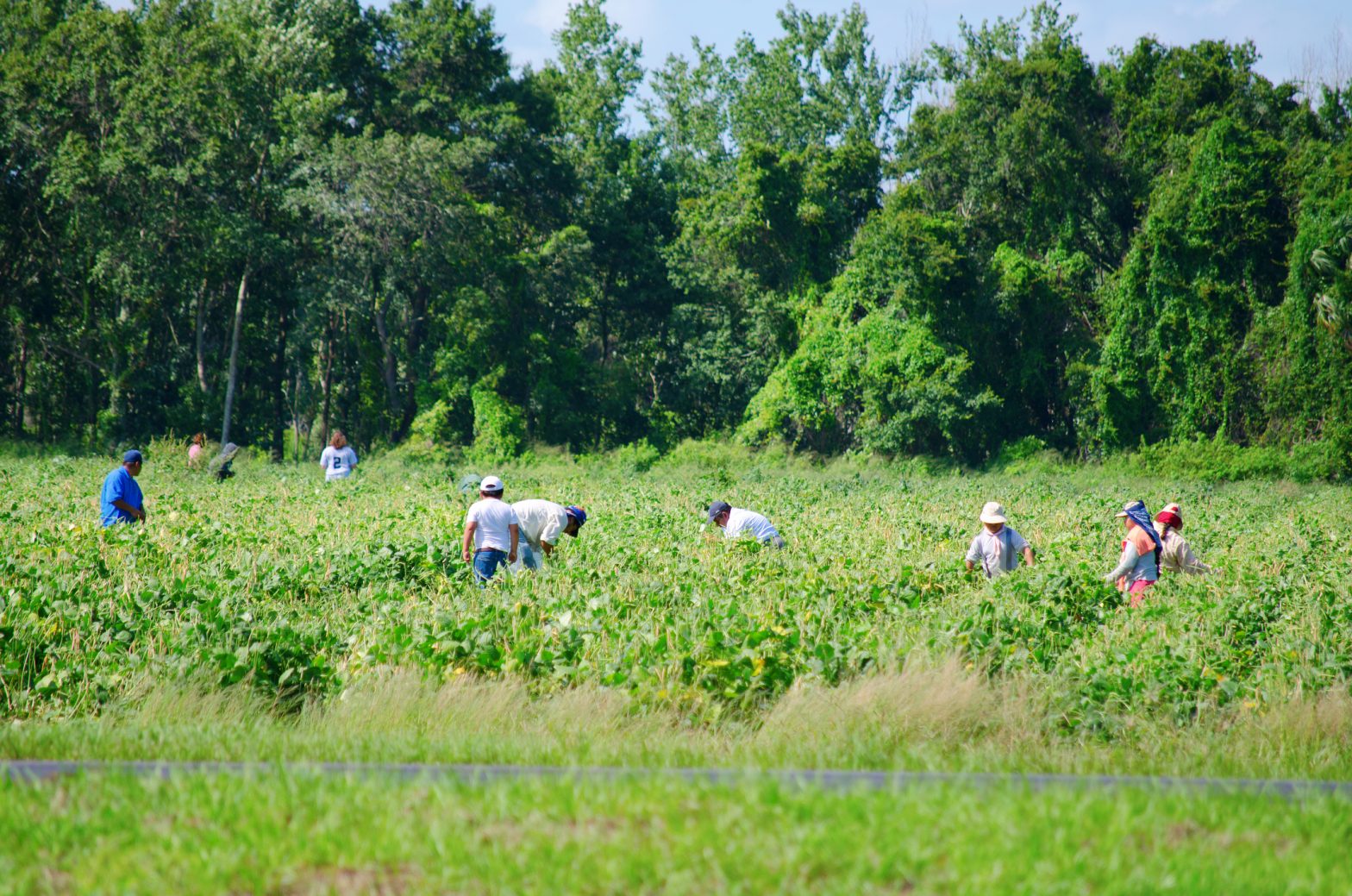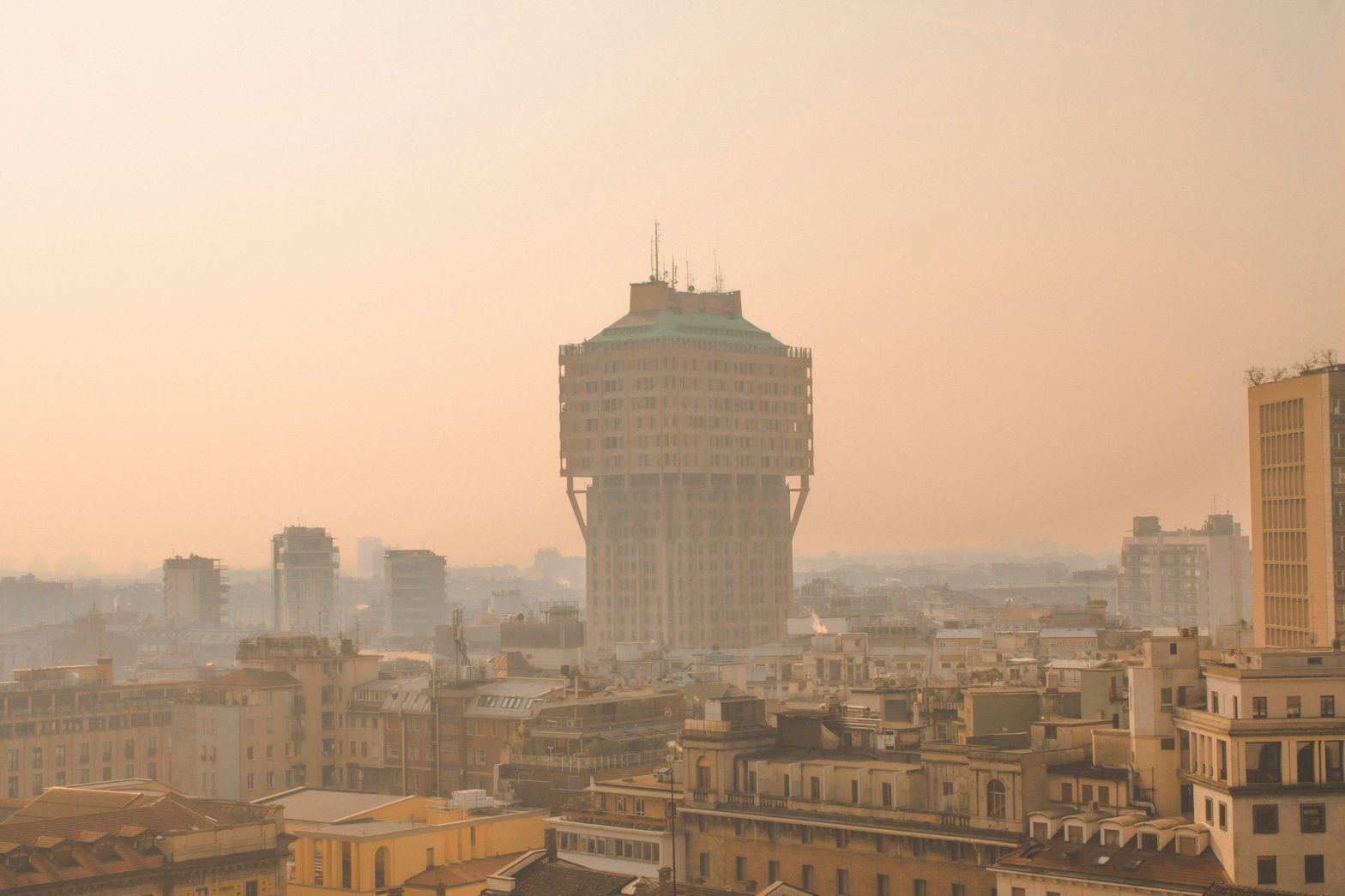
Photo: Farm workers. Image: ID 25308064 © Mike2focus | Dreamstime.com
Mayors urge policymakers to include migrants and refugees in COVID-19 support
29 July 2020
by Sarah Wray
The Mayors Migration Council (MMC) is calling on national and international politicians to ensure refugees and migrant communities can access COVID-19 support and are included in the recovery efforts.
The coalition, whose leadership board includes mayors from Amman, Bristol, Freetown, Kampala, Los Angeles, Milan, Montréal, São Paolo and Zürich, and the former mayor of Athens, has launched a joint commitment to accelerate the implementation of local policy that directly addresses the COVID-19 recovery needs of refugee and migrant communities in their cities.
The mayors are urging national and international policymakers to also do more to enable these goals, which include ensuring equitable access to services such as healthcare and economic relief, regardless of migration status, and regularising immigrant essential workers.

Vittoria Zanuso, Executive Director of the Mayors Migration Council, told Cities Today: “Migrants and refugees are really on the front line of the pandemic because they play a big role as essential workers, from picking and packing food and caring for patients to stocking shelves at the grocery stores. But despite that, they face unique challenges – they are systematically excluded from national relief efforts.”
The United States’ CARES Act, for example, excluded around 1.7 million US citizens who are married to someone without a social security number from receiving stimulus checks, along with 9.9 million undocumented immigrants and 3.7 million children who are US citizens or Green Card holders, according to the Migration Policy Institute.
National help
While the challenges faced vary between refugee and migrant communities, common issues include lack of access to critical information in their language, living in crowded accommodation, informal working due to legal status and exclusion from key services like affordable housing and healthcare, Zanuso said, adding that despite local support efforts, this leaves people at risk of homelessness, a lack of access to food and health problems.
She commented: “In the face of these challenges, our mayors have been doing work on the ground and they don’t need permission to act in the sense that they can already do so many things themselves but they could do their job better, faster and at scale if national governments would create an enabling environment for them.”
Cities are taking actions such as providing direct cash assistance, placing moratoriums on evictions and rent hikes, and ensuring that public outreach materials on COVID-19 are multilingual.
“There are certain things that local governments cannot do and that only national governments can do,” said Zanuso. “Access to services is definitely a big one.”
She noted that progress is being made, for example on the regularisation of immigrant essential workers – that is, giving them temporary or permanent legal status.
In May, the government of Italy regularised the status of undocumented migrants working in some essential industries, including giving them a work permit and access to healthcare. In Canada, the federal government has been considering a programme that would give asylum seekers a pathway to permanent residence if they worked in certain healthcare jobs during the coronavirus pandemic.
Although it still proved controversial, Zanuso said that Italy’s example shows that change which has previously been characterised as too radical or difficult can be achieved quickly.
Fighting misinformation
The MMC mayors are also calling for greater efforts to combat misinformation, racism and xenophobia which can affect how refugees and migrants are treated.
“We’re seeing entire communities being stereotyped as the carriers of the virus and that’s something that is breaking the social fabric and social cohesion of societies,” Zanuso commented.
She highlighted the #WeAreBristol initiative and the United Nations High Commissioner for Refugees’ ‘Verified’ Campaign as examples of programmes to promote unity.
The MMC launched in December 2018 with the adoption of the Marrakech Mayors Declaration, which was signed by 150 city leaders. The organisation aims to help mayors navigate the complexities of international policymaking.
Georgios Kaminis, Special Envoy to the MMC and C40 Cities and former Mayor of Athens, commented: “The challenge ahead of us is enormous. In a crisis like this, humanity has to find the intellectual capacity and resilience to tackle both the climate crisis and also regulate, in a humane way, the needs of people around the world to migrate in search of a better future. We believe our cities, whatever their differences, are the catalysts for this type of change. Mayors are ready to continue pressing for a global agenda that ensures the inclusion of migrants and refugees as part of the COVID-19 response and recovery effort. I am excited to stand with my fellow cities in this critical work.”











